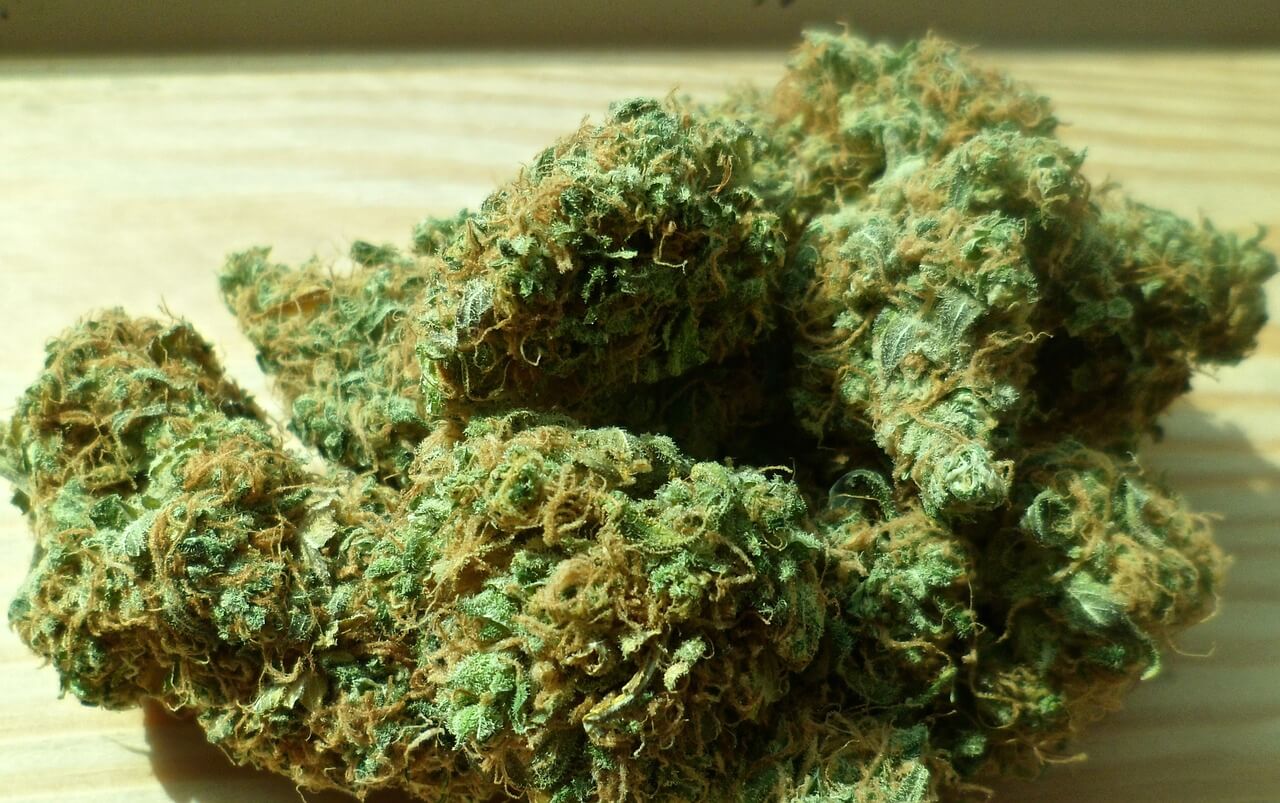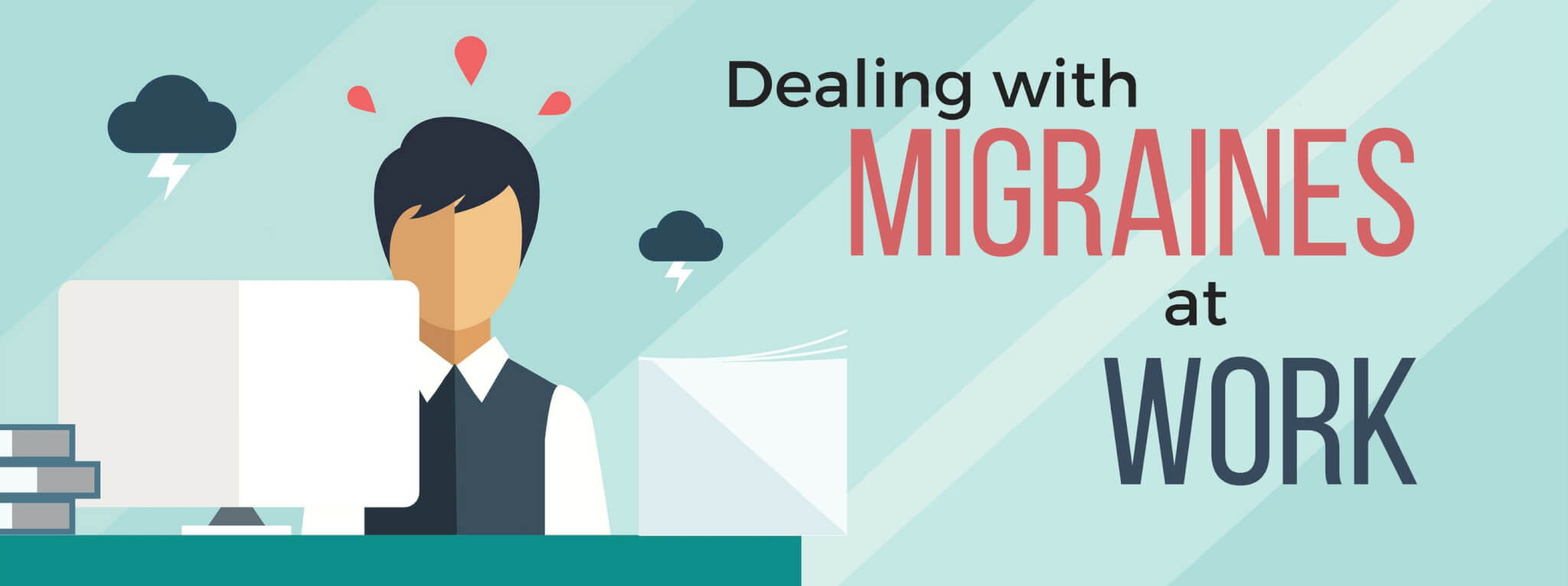For hundreds of years, people have used cannabis, or marijuana, for medicinal purposes. Physicians have recommended its use for treating and helping ease the pain in various diseases. Literature and scientific research suggests that medical cannabis and cannabinoids play therapeutic roles in certain chronic pain and headache disorders, including providing cluster headache and migraine relief.

A study published by researchers at the University of Colorado earlier this year further proved what other physicians, scientists and studies have been discovering—that medical marijuana can help migraine sufferers reduce the frequency of their migraine headaches.
In two Colorado medical marijuana specialty clinics, 121 adults who had been given a primary diagnosis of migraine headache and were recommended by their doctor to use cannabis to help treat and prevent their migraines were used as the subjects. The study objective was describing what the effects of medical marijuana—when inhaled, smoked and ingested—were on the monthly frequency of migraine headaches.
After the study was over, the researchers reviewed the reports from each participant and reported the following data:
- Frequency of patients’ migraine headaches dropped from 10.4 to 4.6 headaches a month while using the medical marijuana
- 40% (48 patients) reported positive effects
- 20% (24 patients) said cannabis helped prevent their migraines
- 12% (14 patients) said medical marijuana stopped their migraine headaches
- 12% (14 patients) reported negative effects
- 2% (2 patients) said they experienced drowsiness
- 2% (2 patients) said they had trouble controlling marijuana’s effects relating to the timing and intensity of the dosage
Between being inhaled and ingested, patients reported that the edible marijuana took longer to provide migraine relief and caused more negative side effects, while more of the participants preferred inhaling the marijuana to treat their acute migraines.
Of the 121 participants, 103 patients said they experienced fewer migraines, 15 claimed their headaches remained and three said their migraine headache frequency increased. While the researchers aren’t completely sure why or how the medical marijuana works to treat or stop migraines, the results from this study still back up the growing research that supports using medical marijuana as another effective method for treating migraines.

Some researchers have proposed that migraines are associated with a problem with brain receptors, called cannabinoid receptors, that affect neurotransmitters, like serotonin, and that certain compounds inside marijuana also affect these receptors in the brain. Others suggest that serotonin plays a key part in migraines, and that the ingredient in marijuana chiefly responsible for its psychological effects, THC, may also affect people’s serotonin levels.
If you suffer from migraines, you shouldn’t try to self-medicate by using marijuana. Talk with your doctor to find out if this is a possible treatment method for your migraine symptoms.
Part of knowing the best treatment methods for your specific case is knowing what triggers your migraine headaches. Take our migraine triggers quiz to learn more about what may or may not be provoking your migraines.





